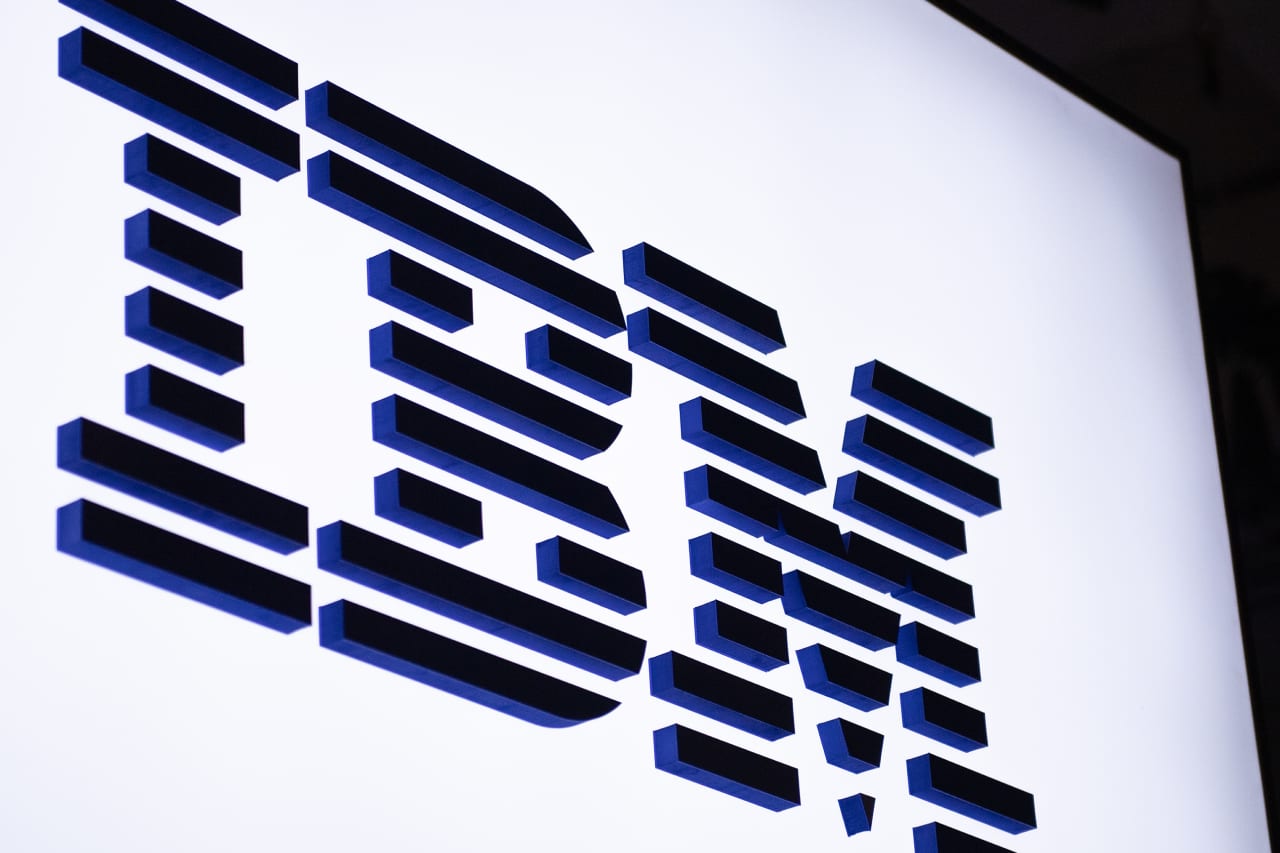The bipartisan bills target government transparency when using AI and the formation of a new Office of Global Competition Analysis to stay on top of innovation.
4150 Total views
35 Total shares

Lawmakers in the United States have proposed two new bipartisan bills targeting issues of transparency and innovation in artificial intelligence (AI).
On June 8, Democratic Senator Gary Peters, and Republican Senators Mike Braun and James Lankford, introduced the first bill, which would require the government to be transparent with its AI usage.
Under such a measure, U.S. government agencies would need to inform the public when it uses AI to interact with them, along with a system for citizens to appeal any decisions made by AI.
Braun stated:
“The federal government needs to be proactive and transparent with AI utilization and ensure that decisions aren’t being made without humans in the driver’s seat.”
The second bill was brought to the table by Democratic Senators Michael Bennet and Mark Warner, along with Republican Senator Todd Young, to establish an official Office of Global Competition Analysis.
This new division is aimed at helping the U.S. stay on top of AI development. Bennet commented that:
“We cannot afford to lose our competitive edge in strategic technologies like semiconductors, quantum computing, and artificial intelligence to competitors like China.“
The introduction of the bills follows an announcement from Senate Majority Leader Chuck Schumer, which called for three upcoming AI briefings to educate lawmakers on the technology.
Related: Pro-Bitcoin DeSantis tagged over AI-faked photos in Trump smear campaign
Regulations targeting AI are beginning to pop up in discussions among lawmakers across the globe.
Earlier this week, officials in the United Kingdom stressed thatAI models need regulation similar to those in the medicine and nuclear power industries. The same day, another U.K. official warned that if these models are not under control within the next two yearsthey could threaten humanity.
Meanwhile, in Europe, lawmakers arefinalizing the European Union’s Artificial Intelligence Actwhich is a comprehensive set of regulations for the development and deployment of generative AI.
European regulators have taken a similarly urgent approach to AI regulation, most recently saying they are considering requiring all AI-generated content to be labeled as such.
Magazine: BitCulture: Fine art on Solana, AI music, podcast + book reviews
Note: This article have been indexed to our site. We do not claim legitimacy, ownership or copyright of any of the content above. To see the article at original source Click Here













